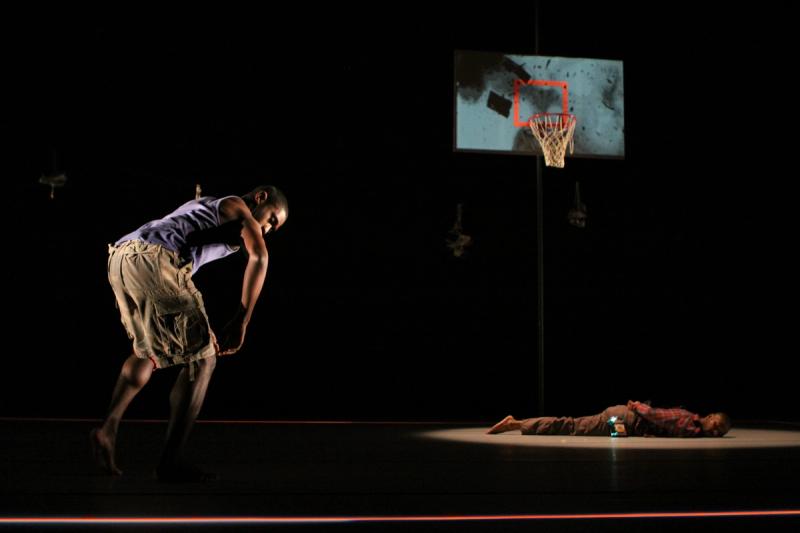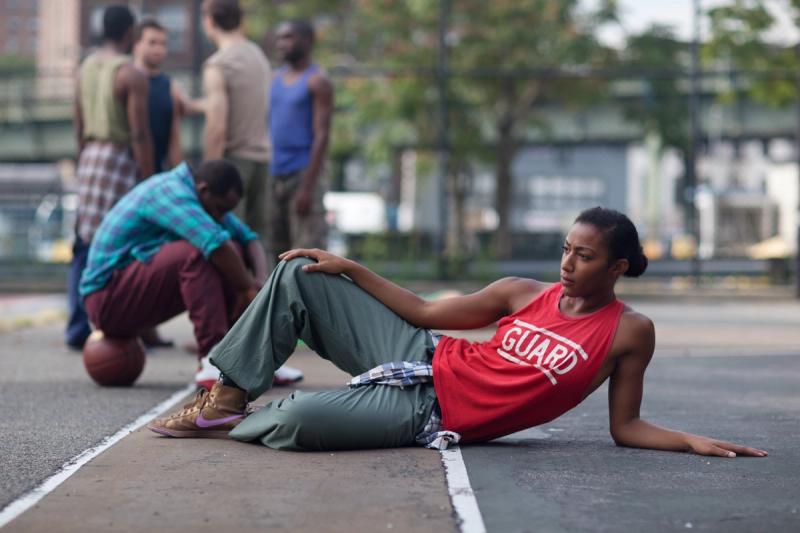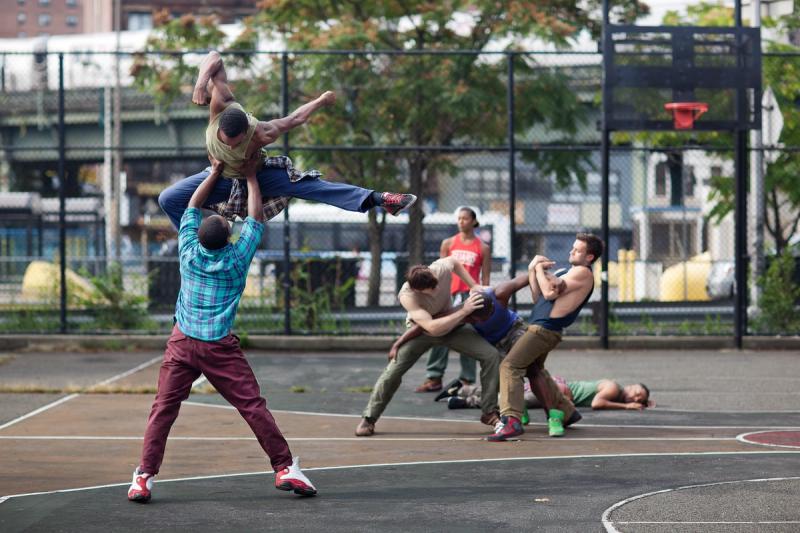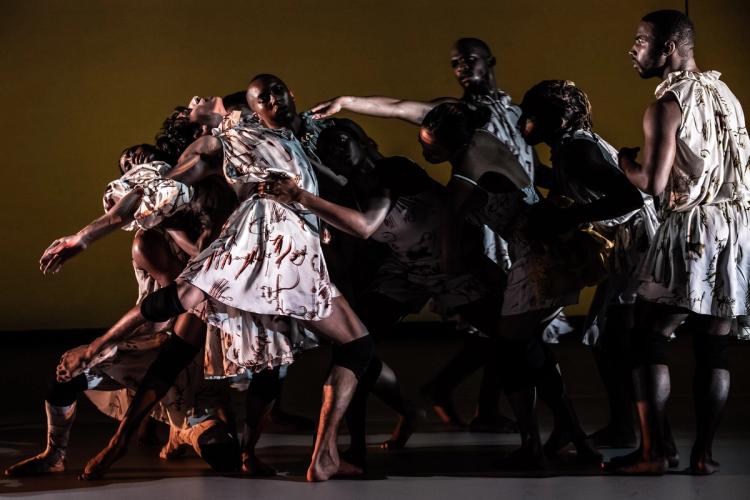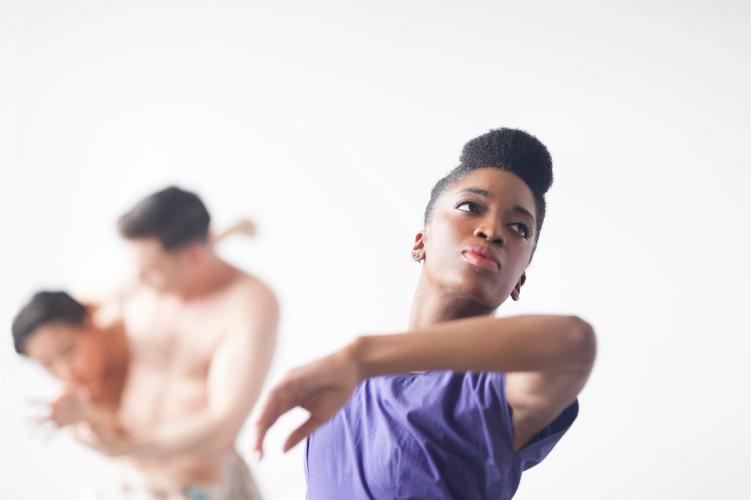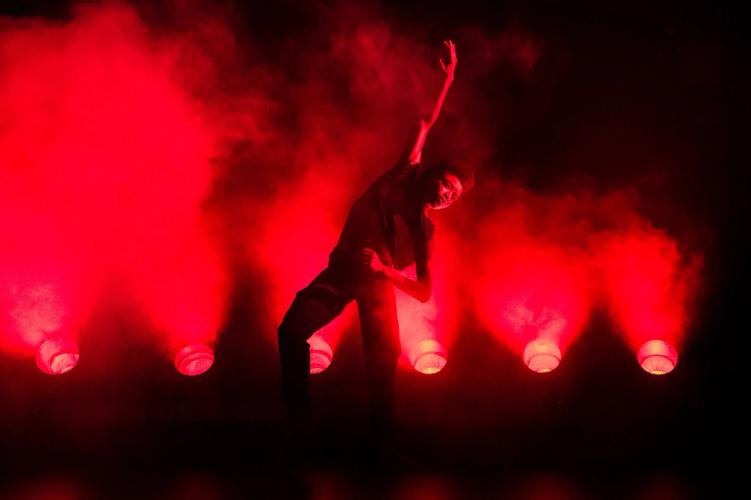Pavement
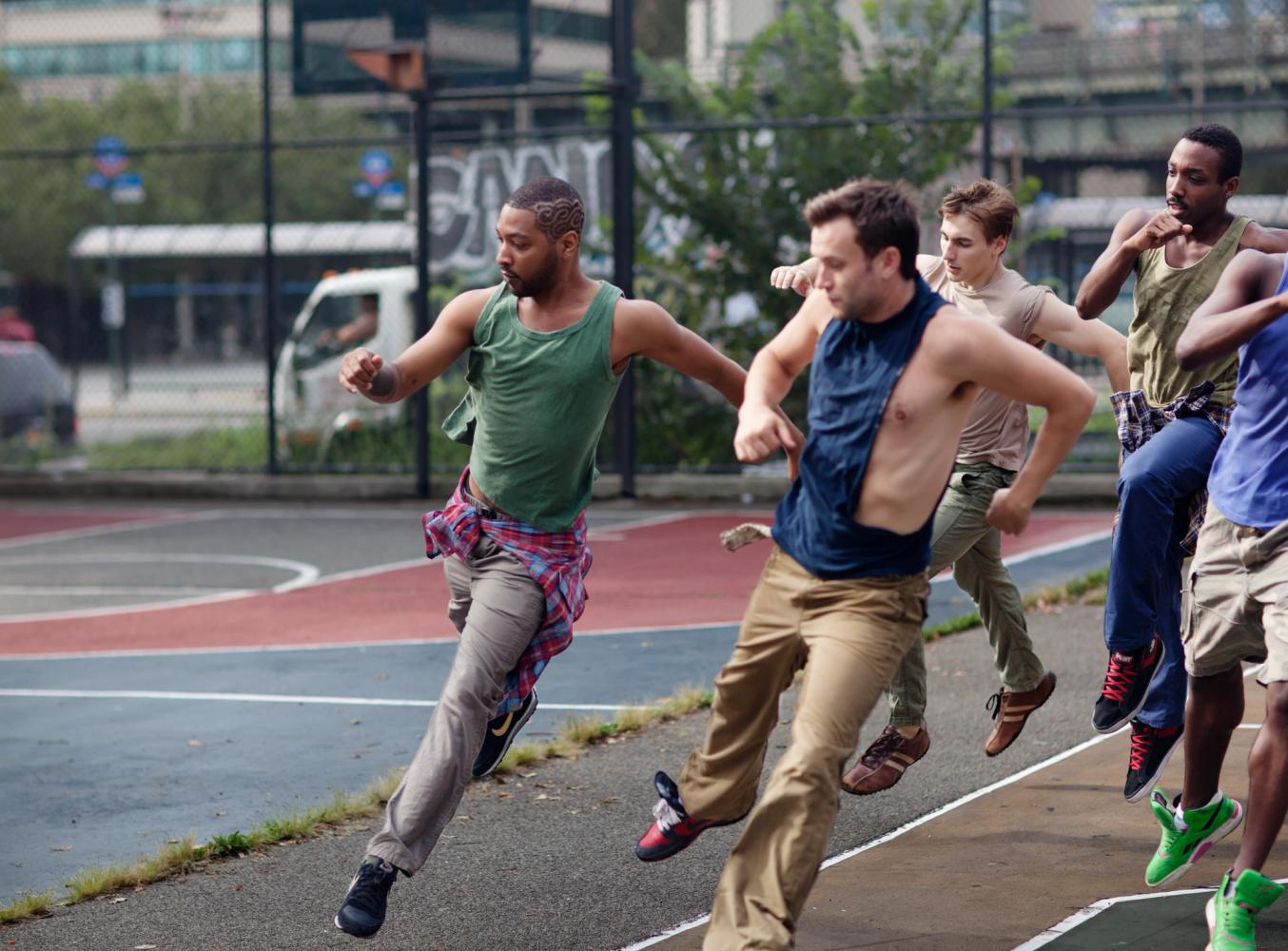
“Men call the shadow prejudice, and learnedly explain it as a natural defense of culture against barbarism, learning against ignorance, purity against crime, the ‘higher’ against the ‘lower’ races.”—W.E.B Du Bois
In 1991, I was fourteen and entering the ninth grade at Schenley High School in the historic Hill District of Pittsburgh. That same year, John Singleton’s film, Boyz N The Hood, was released. For me, the film depicted an idealized “Gangsta Boheme” laying aim to the state of the Black American male at the end of the 20th century. Twenty years later and more than ten years into the 21st century, I am focused on investigating the state of Black America and a history therein.
Reimagined as a dance work and now set in Pittsburgh’s historically Black neighborhoods, Homewood and the Hill District, Pavement aims to create a strong emotional chronology of a culture conflicted with a history plagued by discrimination, genocide, and a constant quest for a lottery ticket weighted in freedom.
As two rivaling neighborhoods, their histories run parallel. Both experienced a cultural shift in the 1950s when jazz legends like Ella Fitzgerald and Duke Ellington performed at local theaters and where Billy Strayhorn spent most of his teenage years. Over a century later, those same theaters are now dilapidated. And the streets that once strived on family-run businesses and a thriving jazz scene now show the sad effects of gang violence and crack cocaine.
CHOREOGRAPHYKyle Abraham in collaboration with A.I.M
Dramaturge Charlotte Brathwaite
Charlotte Brathwaite
Artistic Advisors Alexandra Wells
Alexandra Wells
Costume Design Kyle Abraham
Kyle Abraham
Public Programs Developer Maritza Mosquera
Maritza Mosquera
Scenic & Lighting Design Dan Scully
Dan Scully
Sound Editing Sam Crawford
Sam Crawford
Video images courtesy of Chris Ivey
courtesy of Chris Ivey
Premiere Cast Kyle Abraham, Matthew Baker, Rena Butler, Chalvar Monteiro, Jae Neal, Maleek Washington, Eric Williams
Kyle Abraham, Matthew Baker, Rena Butler, Chalvar Monteiro, Jae Neal, Maleek Washington, Eric Williams
DURATION55 minutes
PREMIEREHarlem Stage, New York, NY

